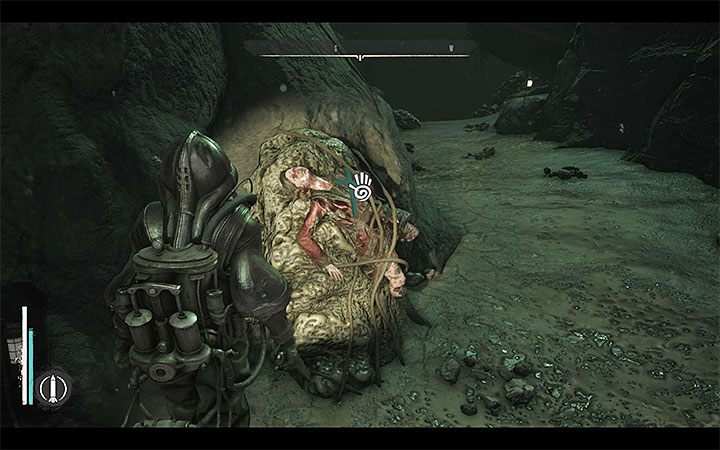

They were so clean that we as kids used to play in … Sometimes you could even see live fish in the gutters, the water was so clean.” When he was a boy, he says, “on a daily basis, we would see cleaners going down into the gutters. What the city needs, he says, is improvements to its basic infrastructure that would make it more resilient in the face of erratic rainfall, rising sea levels and coastal erosion. But for Sillah, a fourth-generation Banjulian, it is unrealistic: too costly and “not a priority”. “If it falls or is severely impacted, the economy on the verge of collapse.” “It’s a capital asset of the country,” he says. But Dampha believes that, with the National Assembly, central bank, biggest hospital, seaport and many schools, the city is too big – in administrative terms – to be allowed to fail. “And if Banjul can be protected … people will still love to live there.”īut he adds: “The option of having an administrative capital elsewhere is imperative, in my opinion.”Īlthough about 380,000 people live in the greater Banjul area, the population of the island is just 35,000. “Make no mistake: Banjulians love Banjul,” he says from Minnesota. Nfamara Dampha, a Gambian research consultant at the World Bank, wants plans drawn up to move the country’s administrative capital away from the coast. One man believes it is time for the government to think about plan B. As signposts by the road state: “There is no planet B. In either scenario, one thing is clear: the city is in serious jeopardy. Many experts fear the Intergovernmental Panel on Climate Change’s forecast of a 1.1-metre rise is optimistic.

That would be enough to inundate most or all of Banjul. In a worst-case scenario, envisaged by experts in a 2020 survey, global heating of 4.5C above pre-industrial levels could mean a sea level rise of between 0.6 and 1.3 metres by 2100. Photograph: Sylvain Cherkaoui/The Guardian The white building on the right is the Gambia’s National Assembly. Yedel Bah lives in Tobacco Road, Campama, a low-lying area of Banjul crossed by a canal prone to flooding. If you look at Banjul now, people are so poor they cannot afford that.”

It’s going to be uninhabitable unless the country is prosperous we can have a city on stilts.” He laughs wryly as if to acknowledge how far-fetched that sounds in a country where nearly half the population live in poverty. “Well, we are going to lose Banjul at the end of the day. Ousman Sillah, the national assembly member for Banjul North, the constituency that includes Tobacco Road, fears that unless concerted action is taken soon, disaster looms. On an island jutting out into the Atlantic, less than a metre above sea level, Banjul is particularly exposed.īut residents say human-made failures have made its future even more perilous. As one of the world’s poorest and least-developed countries, it is suffering the effects of a climate crisis it did very little to cause. The Gambia is a small strip of low-lying land in west Africa along both banks of the river from which it takes its name. But it is not clear where that help will come from. “We need help,” Bah says simply, when asked about her message to political leaders. It is places like this – where physical vulnerability is exacerbated by abject poverty and failing infrastructure – that needed more from Cop26 than they appear to have got. Life in Tobacco Road, a poor neighbourhood in the low-lying coastal capital, has never been easy, but it is becoming more and more difficult. It’s going to be uninhabitable Ousman Sillah, Banjul North MP We are going to lose Banjul at the end of the day. But she can do little to improve her situation.

Crocodiles have been seen lurking nearby, and a couple of years ago one made its way out of the canal into a mosque just a few doors down from Bah’s compound.īah, 45, worries about her children growing up here and what will happen during the next flood – for it is a question of when, not if, this will happen. This would be bad enough if the canal were even moderately clean, but it isn’t: until recently, a local MP says, a pipe was dumping raw sewage into it. After one particularly bad flood this summer, the waters remained in Bah’s rooms for 11 days.


 0 kommentar(er)
0 kommentar(er)
